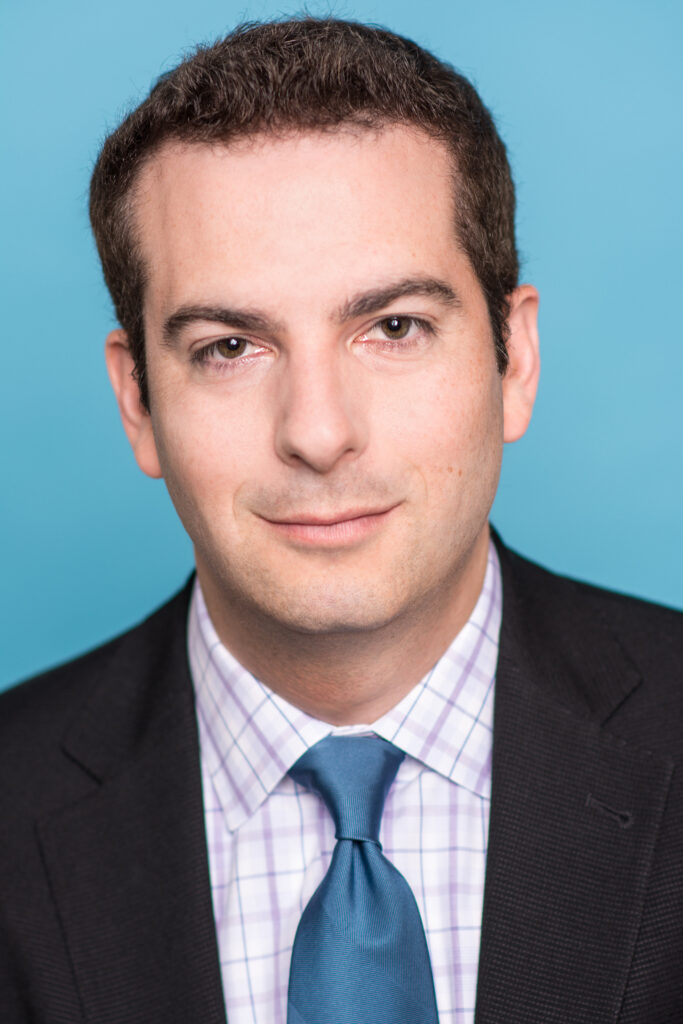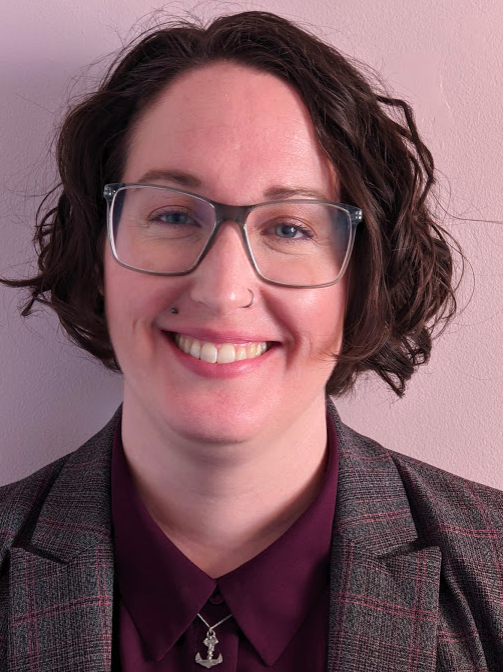The Research Seminar Series in Science, Technology and Society (STS) will return for the 2022-23 academic year and will feature seminars on a wide range of STS-related topics.
The series, sponsored by the Department of Science, Technology and Society in York’s Faculty of Science and coordinated by its members, is now in its 28th year and it has hosted over 500 speakers from Canada and around the world. It is open to the public, and STS majors are encouraged to attend. Events will be held from noon to 1:30 p.m. in person at Bethune College room 203. Lunch is provided.
The series runs from Sept. 20 to April 4, 2023. Below is a summary of seminars scheduled for the fall term.
Sept. 20 – Privacy Online and “The Biggest Lie on The Internet”
Presented by Jonathan Obar, associate professor, Department of Communication and Media Studies, York University

When you download an app do you read the privacy policy before agreeing to it? Or do you click “AGREE” as quickly as possible? By ignoring policies and the privacy implications of agreement, individuals contribute to “the biggest lie on the internet” (known as “I agree to the terms and conditions”). This talk will review the results of two experimental surveys (one of older adults and one of university students) addressing the extent to which participants ignore privacy and terms of service policies and why. It will also review a study of the length and complexity of policies for a variety of digital services. Findings suggest deceptive user-interface designs like the clickwrap, and long/complicated policies contribute to ignoring behaviours. Furthermore, findings suggest a number of reasons individuals say they have difficulty with policy materials during online consent processes. The implications of ignoring behaviours will be discussed, especially in the context of artificial intelligence development, where there is considerable distance between online consent processes and digital production. The presentation will also include a tour of www.biggestlieonline.com, a knowledge mobilization effort led by Obar and funded by the Office of the Privacy Commissioner of Canada.
Oct. 4 – Indigo and Cosmotechnics
Presented by Ganeale Langlois, associate professor, Department of Communication and Media Studies, York University

This presentation puts in parallel two histories of indigo techniques, one that is traditional to Japan and the other that emerged out of western colonization. Indigo blues are among the earliest dyes ever produced and the history of indigo practices across the world provides a contrasting understanding of cosmotechnics (Hui, 2018) as that which relates humans to their living environments. The extraction of indigo from plants, and the transformation it has to go through in order to adhere to textile fibers are both complex and express different ethics with regards to labour, the use of non-human beings such as plants and microbes, as well as the mobilization of more-than-human beings such as water and light. While the history of colonial indigo is one that sought complete mastery over the non-humans and the morethan-humans, resulting in the violent and destructive exploitation of humans and their environments, the history of Japanese indigo charts an understanding of technics as composition, where the human maker lets non and more-than-human relate to each other. The Japanese tradition of indigo helps us formulates new cosmotechnics for our anthropocenic present.
Oct. 25 – Computing Taste: Care and Control in Algorithmic Music Recommendation
Presented by Nick Saver, assistant professor of anthropology at Tufts University, where he also directs the program in Science, Technology & Society
The people who make music recommender systems have lofty goals: they want to broaden listeners’ horizons and help obscure musicians find audiences, taking advantage of the enormous catalogs of music streaming services. But for their critics, recommender systems seem to embody all the potential harms of algorithms: they flatten culture into numbers, they normalize ever-broadening data collection, and they profile their users for commercial ends. This talk presents the results of several years of ethnographic fieldwork with makers of music recommendation in the U.S., describing how they navigate the tensions between care and control in the construction of algorithmic systems.
Nov. 8 – Forays in Decolonizing Biology: Thinking about What Mushrooms Live For
Presented by Michael Hataway, professor, Department of Anthropology and Sociology, Simon Fraser University
In this talk, Hataway will provide an introduction to his latest book, What a Mushroom Lives For: Matsutake and the Worlds They Make, which was published by Princeton University Press. For this STS Seminar Series, he will explore how we might explore the legacy of enlightenment thinking and the English language in shaping the emergence of the discipline of biology. In contrast, he argues for understanding mushrooms as lively beings. While much of the scientific literature describes their lives in mechanistic ways, Hataway suggests that fungi are actively encountering and engaging with the world. Influenced by important thinkers such as the Potawatomi scientist, Robin Wall Kimmerer, Hataway shows how we better understand fungi as perceiving and interpreting beings that are shaping the world through their everyday actions. Such a vision, he contends, might help us more beyond our tendencies towards seeing our fellow kin as resources, as utilitarian objects for the plate or for profit and to dethrone the idea of humans as fundamentally and qualitatively different from all other living beings.
Nov. 29 – Transhumanistic Visions and the Future: How do Radical Futures Impact Technological Development?
Presented by Dayna Jeffrey, PhD candidate, STS Graduate Program, York University

Jeffrey’s dissertation investigates how future expectations within transhumanism configure the current development and imaginaries of AI technologies. Transhumanism advocates for the transformation of the human condition through AI, biotechnologies, cryonics, and other emerging technologies. This paper will discuss some of Jeffrey’s latest research from her fieldwork with transhumanists, technologists, and AI policy makers to examine the impact of radical future narratives on technological development. While future narratives have been criticized for being overly speculative, these visions and imagined futures challenge fundamental values and concepts of our current historical and cultural assumptions about time and societies (Jasanoff & Kim, 2015; Mali, 2016). Studying the production of the future may then help us to better understand our current societies.
For more on the series, contact the Seminar Series Coordinator Hélène Mialet at hmialet@yorku.ca.


